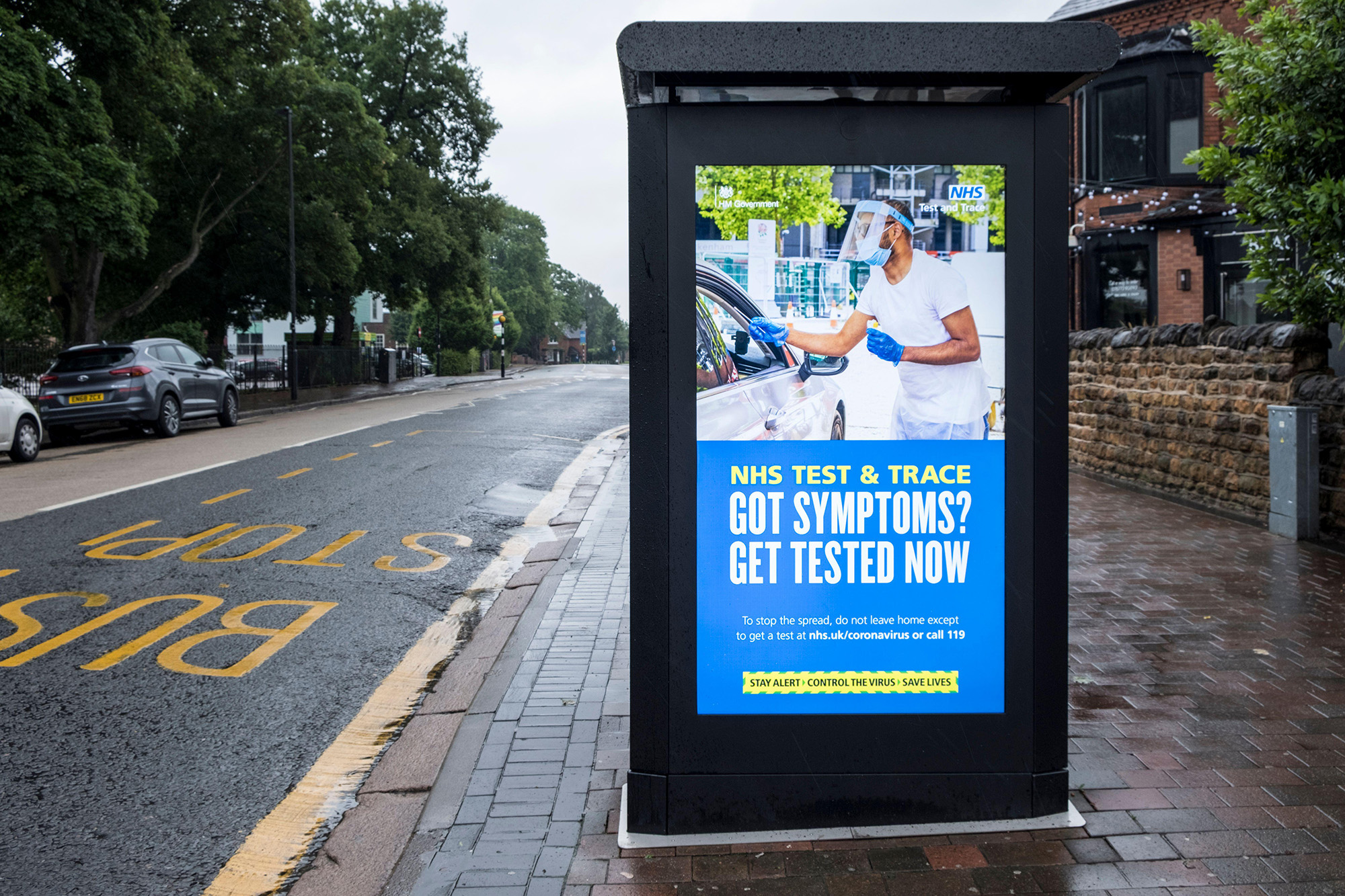Government Has Scaled Up “Cough In A Box” Plans To Detect Covid-19 With Algorithms
Researchers claim the sound of a forced cough can be analysed to reveal if you have Covid-19 (Alamy)
2 min read
The government has expanded its ongoing trial of so-called “cough in a box” technology, which uses artificial intelligence (AI) to detect Covid-19 by analysing the sound of people coughing.
Researchers at the Massachusetts Institute of Technology (MIT) revealed in October 2020 that they had successfully detected cases of Covid-19 in asymptomatic individuals simply by processing recordings of an individual’s cough.
Their discovery opens up the possibility of identifying potential coronavirus cases through an individual’s mobile phone without the need for immediate testing.
UK ministers quickly jumped on the technology in late 2020, awarding two contracts totalling £118,000 to Fujitsu in December to explore potential applications.
The Department of Health and Social Care (DHSC) has now awarded a further contract worth £119,000 to Ipsos Mori for “scaled up data collection”, with the initial trial now being expanded to include those taking part in the REACT1 Covid-19 prevalence survey.
Those asked to take part in the next stage of the trial will be required to submit audio samples “immediately after they have submitted test swabs” under plans detailed in the latest contract.
A government spokesperson confirmed that a trial into the “cough in a box” tech is ongoing.
“The UK is at the forefront of innovative research to expand our collective understanding into COVID-19 and we are hugely grateful to the thousands of volunteers who participate in trials and studies,” they said.

“The Joint Biosecurity Centre is working with the Alan Turing Institute and the Royal Statistical Society to research the use of algorithms to detect COVID-19 based on vocal biomarkers available in audio recordings provided by volunteers.”
According to the creators of the algorithm, researchers were able to detect cases of the virus by training the AI model on over 70,000 recordings submitted by volunteers, which included around 2,500 from people confirmed to have Covid-19.
The team at MIT found that, when new cough sounds were introduced, the algorithm accurately identified 98.5% of coughs from people who were confirmed to have Covid-19, including 100% of coughs from people with no symptoms.
“We think this shows that the way you produce sound changes when you have Covid, even if you’re asymptomatic,” said the study’s co-author Brian Subirana, a research scientist in MIT’s Auto-ID Laboratory.
He continued: “The effective implementation of this group diagnostic tool could diminish the spread of the pandemic if everyone uses it before going to a classroom, a factory, or a restaurant.”
Subirana’s team is now working on incorporating the model into a mobile app which they claim could become “a free, convenient, noninvasive prescreening tool” if adopted on a large scale.
